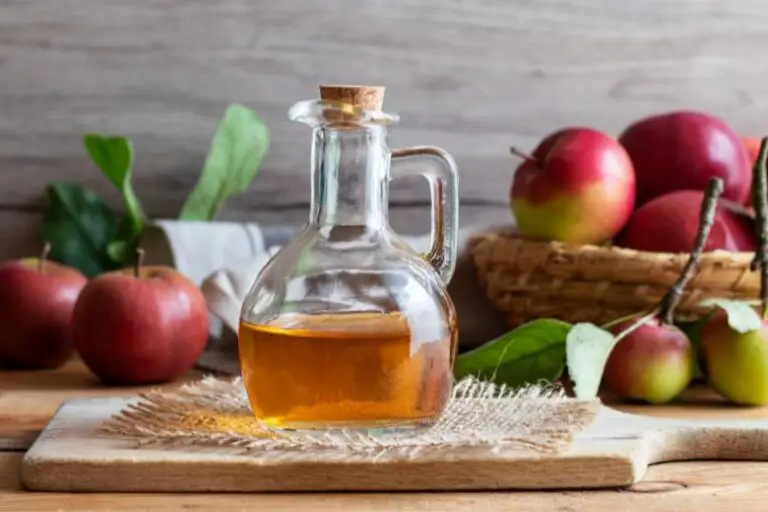Are Grapes Good For Chickens
When it comes to raising backyard chickens, providing a balanced and nutritious diet is essential for their health and well-being. As chicken enthusiasts, we often find ourselves wondering about the suitability of various foods for our feathered friends. One such query that frequently arises is whether grapes are a good choice for chickens. In this article, we’ll delve into this question, exploring the potential benefits and considerations of feeding grapes to chickens.
The Nutritional Needs of Chickens
Chickens, like all living beings, require a balanced diet to thrive. Their nutritional needs include protein, carbohydrates, vitamins, and minerals. A well-rounded diet supports egg production, feather health, and overall vitality. As chicken keepers, we must carefully consider any food additions to ensure they align with these needs.
Understanding Grapes: Nutrient Profile and Benefits
Grapes, known for their sweet and juicy taste, also offer nutritional benefits. They are a good source of vitamins, particularly vitamin C, which can contribute to a chicken’s immune system. Additionally, grapes contain natural antioxidants that support cellular health.
Feeding Grapes to Chickens: Pros and Cons
Feeding grapes to chickens has its advantages and disadvantages. On the positive side, the vitamins and antioxidants in grapes can supplement a chicken’s diet. However, grapes are also high in natural sugars, which should be monitored, especially in overweight chickens.
Moderation is Key: Quantity and Frequency
As with any treat, moderation is crucial. Chickens can enjoy a small amount of grapes as an occasional treat. Overindulgence in sugary treats can lead to obesity and other health issues. A balanced approach ensures that the nutritional balance of their primary diet is not disrupted.
Preparing Grapes for Chickens: Safety Measures
Before offering grapes to your chickens, it’s important to take safety precautions. Wash the grapes thoroughly to remove any pesticides or contaminants. Cutting grapes into smaller, manageable pieces can help prevent choking hazards, ensuring the safety of your flock.
Observing Chickens’ Reactions: Signs of Allergies or Discomfort
Introducing grapes to your chickens’ diet should be done gradually. Monitor their reactions closely. Some chickens may have allergies or sensitivities to certain foods. If you notice any adverse reactions, such as digestive issues or lethargy, discontinue feeding grapes immediately and consult a veterinarian if necessary.
Alternatives to Grapes: Diversifying the Diet
While grapes can be an enjoyable treat, it’s essential to offer a variety of foods to ensure a well-rounded diet. Incorporating other fruits, vegetables, and grains provides different nutrients that contribute to overall chicken health.
Grapes as a Treat: Incorporating Them Into Rewards
Using grapes as treats can be a fun way to interact with your chickens and reinforce positive behavior. For example, you can toss small pieces of grapes into their outdoor area to encourage natural foraging behaviors.
A Word on Juicy Varieties: Seedless vs. Seeded Grapes
When choosing grapes for your chickens, opt for seedless varieties. Seeds could pose a choking hazard or be difficult for chickens to digest. Seedless grapes provide all the benefits without the potential risks.
Chickens’ Age and Health: Influencing Factors
Consider your chickens’ age and overall health when introducing new foods. Young chickens may have different dietary needs than older ones, and chickens with specific health conditions might require dietary restrictions. Always tailor treats to individual requirements.
Consulting a Veterinarian: Professional Guidance
If you’re unsure about whether to include grapes in your chickens’ diet, it’s wise to seek guidance from a veterinarian with expertise in poultry health. They can offer personalized advice based on your flock’s specific needs.
About Feeding Grapes to Chickens
- Can chickens eat grape seeds?
- Chickens should avoid consuming grape seeds, as they can be problematic for digestion.
- How often should I give grapes to my chickens?
- Offer grapes as an occasional treat, no more than a few times a week.
- Are there any risks of feeding grapes to chickens?
- While grapes can be a healthy treat, their high sugar content means they should be given in moderation.
- Can chickens eat both red and green grapes?
- Yes, both red and green grapes are safe for chickens to consume.
- Should I remove the grape skin before feeding chickens?
- It’s not necessary to remove the skin, but cutting grapes into smaller pieces can make them easier to eat.
Conclusion
Grapes can indeed be a tasty and nutritious addition to your chickens’ diet when offered in moderation and with proper precautions. These sweet treats can provide vitamins and antioxidants, but their high sugar content emphasizes the importance of responsible feeding. As with any dietary choices for your chickens, attentive observation and consideration of individual needs are key. So, go ahead and treat your feathered companions to the occasional grape delight, keeping their health and happiness at the forefront of your chicken-keeping journe







